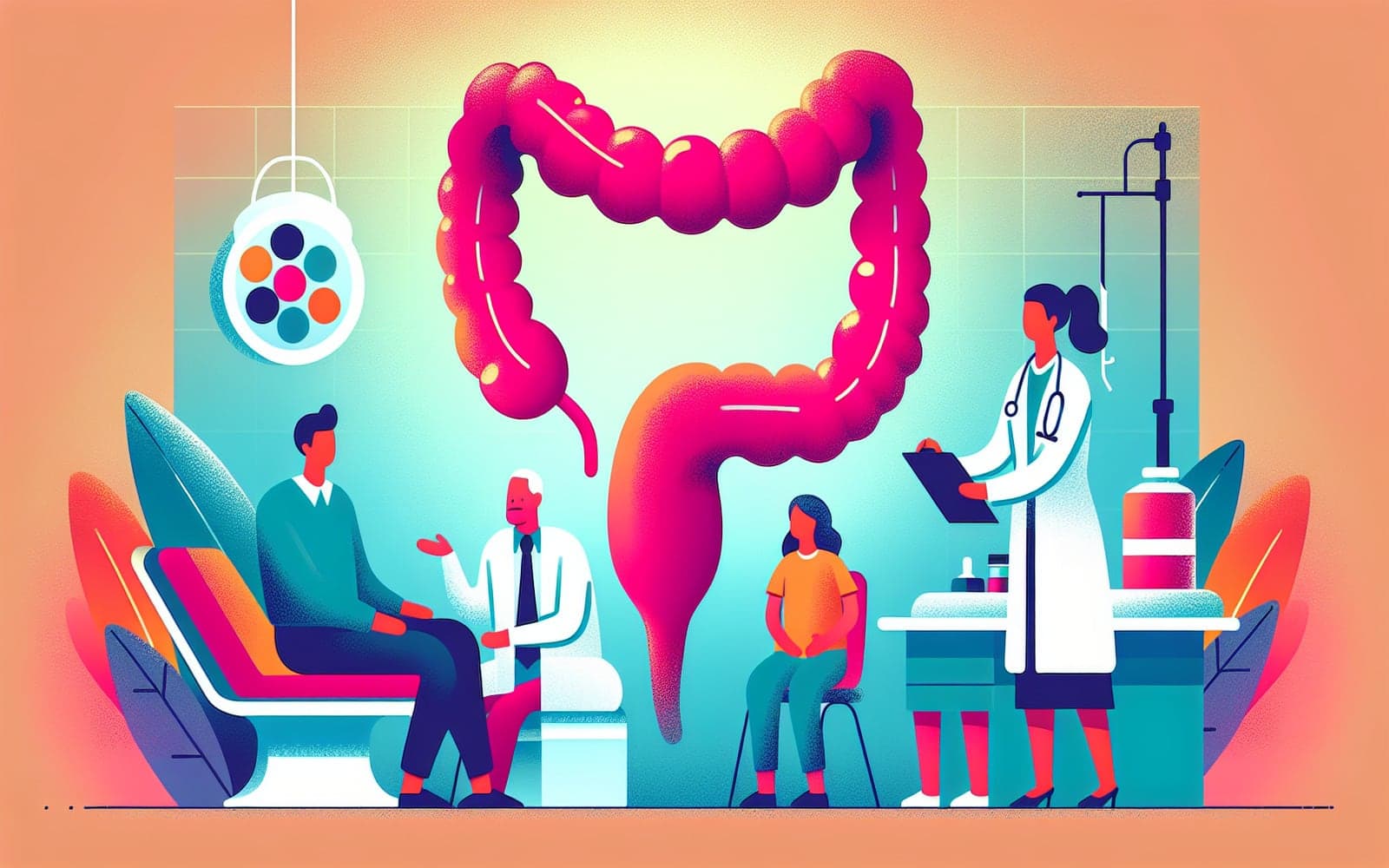Beyond the Drain: Comprehensive Care for Anorectal Abscesses
Beyond the Drain: Comprehensive Care for Anorectal Abscesses
The Full Treatment Picture
While surgical drainage is the primary treatment for anorectal abscesses, comprehensive care involves more than just this procedure. What other therapies and treatments are involved in managing these painful conditions?
Contents
- The Role of Antibiotics
- Post-Procedure Care
- Addressing Underlying Conditions
The Role of Antibiotics
Antibiotics play a crucial role in treating anorectal abscesses. While they're not a substitute for drainage, they help prevent the spread of infection and reduce the risk of complications. Think of antibiotics as the cleanup crew after the main event (drainage). Typically, a 4-5 day course is prescribed, with common choices including amoxicillin-clavulanate or a combination of ciprofloxacin and metronidazole.
Post-Procedure Care
After drainage, proper wound care is essential for healing. This often involves regular sitz baths or gentle cleaning with a handheld shower. It's like tending to a garden - with the right care, healing can flourish. Pain management is also important, and your doctor may recommend over-the-counter pain relievers or prescribe stronger medications if needed.

Addressing Underlying Conditions
In some cases, anorectal abscesses may be related to underlying conditions like Crohn's disease or diabetes. Managing these conditions is crucial for preventing recurrence. This might involve medications for Crohn's disease or better blood sugar control for diabetes. It's like fixing a leaky roof - you need to address the source of the problem, not just the symptoms.
FAQs
How long does recovery usually take?
Typically 2-4 weeks, but can vary.
Are follow-up visits necessary?
Yes, to ensure proper healing and check for complications.
Can diet affect recovery?
A high-fiber diet can help prevent constipation during healing.
A Holistic Approach
Effective treatment of anorectal abscesses involves more than just drainage - it's a comprehensive approach that addresses infection, promotes healing, and prevents recurrence.
Additional References
- Mocanu V, et al. Antibiotic use in prevention of anal fistulas following incision and drainage of anorectal abscesses: A systematic review and meta-analysis. Am J Surg 2019; 217:910.
- Sözener U, et al. Does adjuvant antibiotic treatment after drainage of anorectal abscess prevent development of anal fistulas? A randomized, placebo-controlled, double-blind, multicenter study. Dis Colon Rectum 2011; 54:923.
This article has been reviewed for accuracy by one of the licensed medical doctors working for Doctronic.











